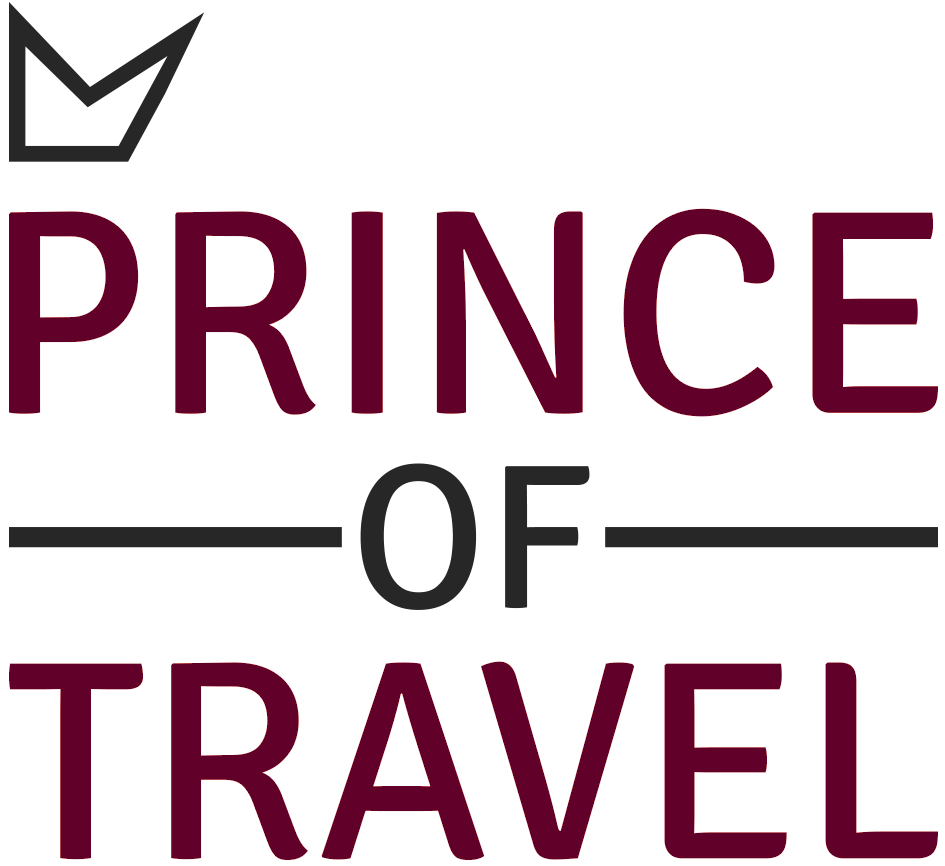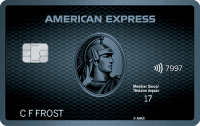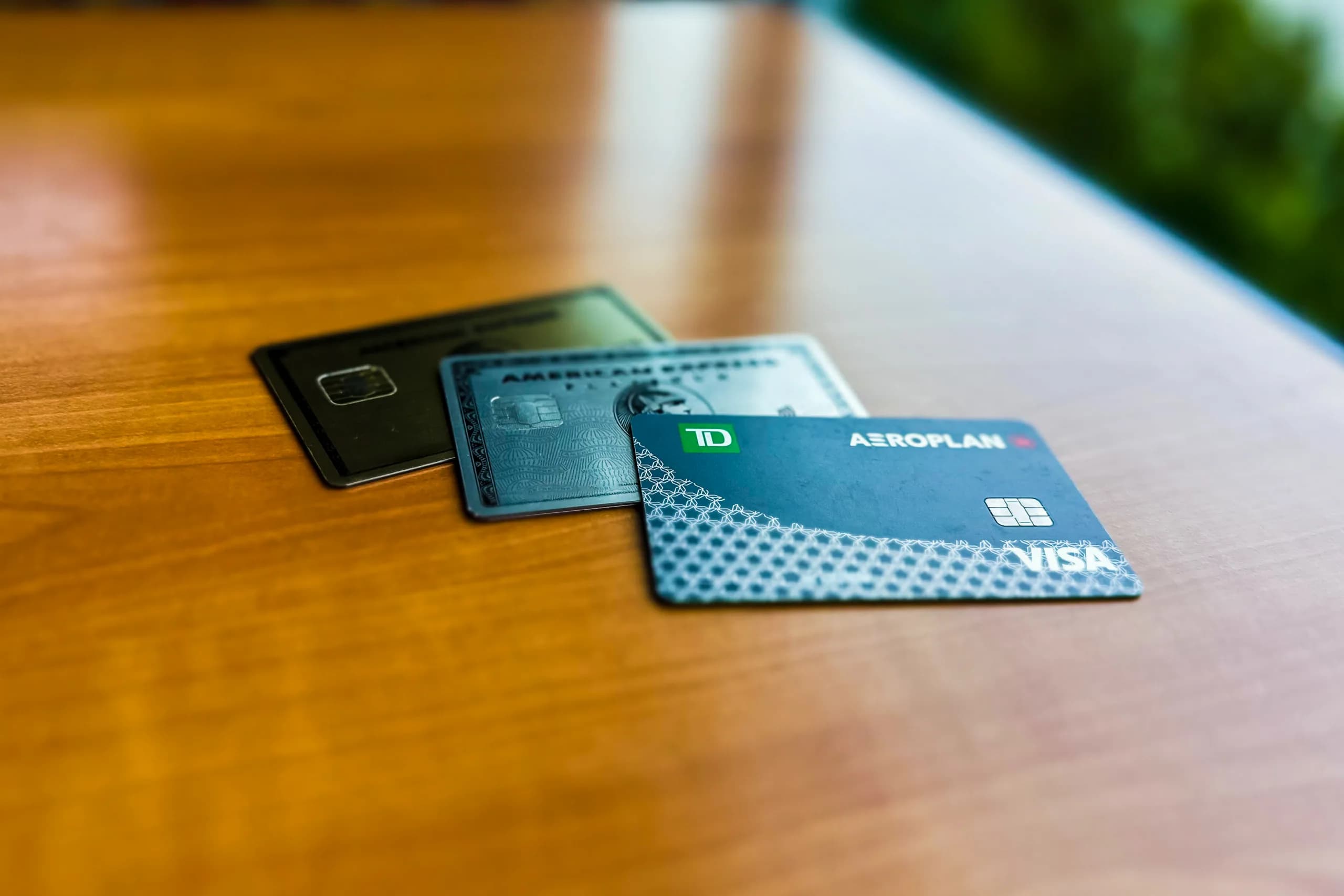Canada’s Best Credit Cards for Students

As a college or university student, you have a unique set of expenses, such as textbooks, electronics, and tuition fees, on top of your everyday needs like rent, groceries, and personal items.
Fortunately, there are ways to make the most of these expenses and earn a little something back with every dollar you spend.
As a student, you qualify for student and entry-level credit cards which, when used responsibly, can earn rewards like travel points and cash back, which can help offset your costs and fulfill your travel dreams.
In this article, we break down how to apply for a credit card as a student, and we list some of the best credit cards to choose while you’re still in school.
Applying for a Credit Card as a Student
In Canada, you’re able to apply for and have a credit card under your own account once you’ve reached the age of majority. Depending on your province or territory, that age is 18 or 19 years old.
Generally speaking, credit cards, which are a form of unsecured credit, are granted to people who are employed and who therefore demonstrate that they have the income to pay their bills each month.
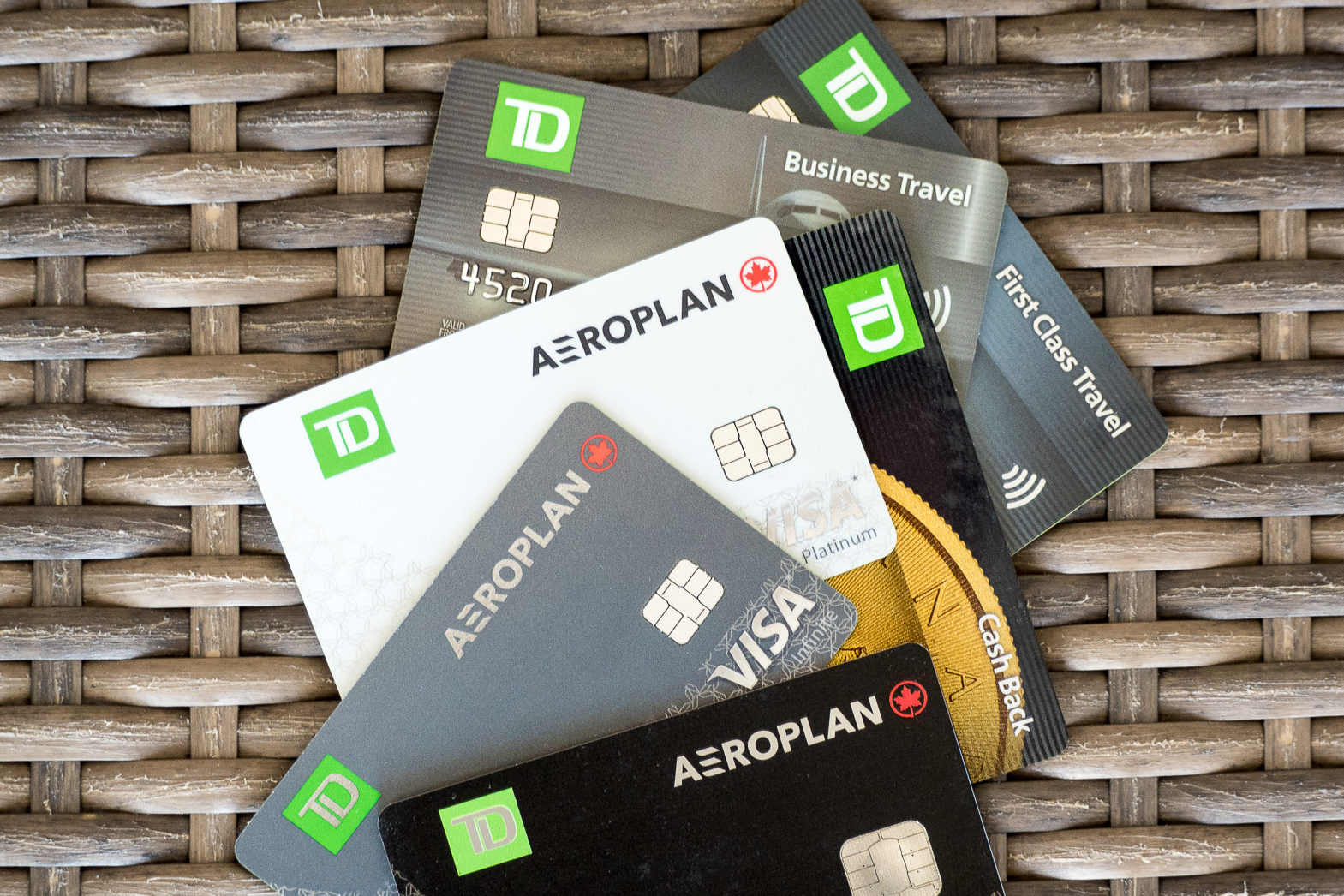
However, as a student, you may qualify for a student credit card even if you’re currently unemployed as you’re subject to a different set of criteria than the non-student population.
As a full-time college or university student, the easiest way to receive your first credit card is to apply for an entry-level or student-focused card with the bank that you’re currently doing business with. This is because you already have a history with this bank, and this makes them more likely to extend credit to you.
If you don’t have a bank account yet or you’re looking to get a credit card with a different bank, a good approach is to go to a branch in person to open an account and, at the same time, tell the bank advisor that you’re speaking with that you’d like to also open a student credit card.

Regardless of whether you’re just applying for a credit card or you’re opening a bank account as well, it’s often best to apply in person at a bank branch. By doing so, it allows the bank advisor to do what’s called “manual underwriting,” which lets them vouch for you to be lent money through a credit card, improving your chances of being approved with limited income and credit history.
While your first credit card may be limited to a fairly small credit limit (often only around $1,000), once you’ve kept this card in good standing for a while, built your credit score, and increased your income, you can apply online for higher tiered cards.
Canada’s Best Credit Cards for Students
Whether you’re looking for a first credit card or your next card, we’ve put together some of the best credit cards for students in Canada so that you can earn a little something back on all your purchases.
Although most of these cards yield rewards at a fairly modest rate, they’re good options to help you start to build your credit history. Once you have an established credit history and an increase in income, you can continue moving up the credit card ladder and obtain more premium cards that earn rewards at higher rates.
In anticipation of your success with the entry-level/student credit cards, we’ve also included one credit card that we highly recommend you apply for a little further down the line when you’re ready.
For Everyday Expenses: CIBC Aeroplan® Visa* Card
The CIBC Aeroplan® Visa* Card is a no-fee card that lets you earn Aeroplan points directly on all your eligible purchases at the following rates:
- 1 Aeroplan point per dollar (all figures in CAD) spent on eligible Air Canada®, Air Canada Vacations®, gas, electric vehicle charging, and grocery purchases†
- 1 Aeroplan point per $1.50 spent on all other eligible purchases†
We value Aeroplan points at 2.1 cents per point, and using this valuation, you can think of it as earning a 2.1% reward on gas and groceries — which is pretty great for a card with no annual fee.
Additionally, this card typically offers a welcome bonus of around 10,000 Aeroplan points, which is already potentially enough for a one-way economy flight from Toronto to Orlando or Vancouver to Los Angeles.

The card also provides a handful of perks and benefits including access to Aeroplan’s preferred pricing, which lets you redeem your points for fewer points than non-cardholders, plus you’ll also receive helpful insurance coverage like purchase security, extended warranty protection, and auto rental collision/loss damage coverage.†
Overall, the CIBC Aeroplan® Visa* Card is a great choice if you’d like to earn Aeroplan points that will help you enjoy free flights back home or to an exciting destination during your school breaks.
First-year value
$126
No annual fee
• Earn 2,500 points on first purchase
• Earn 2,500 points upon spending $1,500 in the first 4 months
• Earn 5,000 points on card anniversary upon spending $10,000 in the first 12 months
Earning rates
Key perks
- 4th night free on Aeroplan hotel redemptions

No annual fee
• Earn 2,500 points on first purchase
• Earn 2,500 points upon spending $1,500 in the first 4 months
• Earn 5,000 points on card anniversary upon spending $10,000 in the first 12 months
Earning rates
Key perks
- 4th night free on Aeroplan hotel redemptions
For Bigger Purchases: TD® Aeroplan® Visa Platinum* Card
The TD® Aeroplan® Visa Platinum* Card is similar to its CIBC counterpart above in that it also earns Aeroplan points as follows:
- 1 Aeroplan point per dollar spent on eligible Air Canada®, Air Canada Vacations®, gas, and grocery purchases†
- 1 Aeroplan point per $1.50 spent on all other eligible purchases†
However, this card edges out the CIBC card by typically having a higher welcome bonus of around 20,000 Aeroplan points, which can potentially fly you round-trip between Toronto and Cancun in economy.

These points are usually earned in two chunks, with the first allotment awarded after you make your first purchase, and then second boost awarded after you meet a minimum spending requirement.
As a student, you may be on a fairly tight budget throughout the school year, but if you sign up for this credit card before the school year begins, you should be able to easily meet the minimum spending requirement when you buy your textbooks and other school supplies, or when you pay your tuition fees.
The TD® Aeroplan® Visa Platinum* Card also provides some solid insurance coverage. When you charge your trip expenses and Aeroplan bookings to this card, you can receive common carrier travel accident insurance, flight/trip delay insurance, delayed and lost baggage insurance, and auto rental collision/loss damage insurance.†
These coverages are on top of the purchase security and extended warranty protection that you’ll receive for eligible purchases that you make to the card.
Keep in mind, however, that this card has an annual fee of $89 – though this is usually waived in the first year.
This card is a good choice if you’d like to earn travel-focused points, you don’t mind the annual fee, and you feel that you can meet the minimum spending requirement for the higher welcome bonus.
First-year value
$441
Annual fee: $89First Year Free
• Earn 10,000 points on first purchase
• Earn 10,000 points upon spending $1,500
Earning rates
Key perks
- 4th night free on Aeroplan hotel redemptions
- Mobile device insurance up to $1,000
Annual fee: $89First Year Free
• Earn 10,000 points on first purchase
• Earn 10,000 points upon spending $1,500
Earning rates
Key perks
- 4th night free on Aeroplan hotel redemptions
- Mobile device insurance up to $1,000
50,000+ travellers get this email
Weekly deals, credit card insights, and points strategies – free forever.
For Cash Back: BMO Cashback® Mastercard®*
The BMO Cashback® Mastercard®* gives you a chance to earn straightforward cash back on all eligible purchases at the following rates:
- 3% cash back on grocery purchases†
- 1% cash back on recurring bill payments such as mobile phones, streaming services, and subscriptions†
- 0.5% cash back on all other purchases†
With this earning structure, you’ll enjoy cash back on the purchases you make on the card, and you can then use your accumulated cash back to help pay off your monthly statement.
The BMO Cashback® Mastercard®* has no annual fee and comes with some helpful perks and benefits like purchase protection and extended warranty†, plus discounts on eligible car rentals, eligible Booking.com accommodations, and more.†
This card is a great choice if you’re looking for a card with no annual fee and you like the simplicity of earning cash back.
First-year value
$138
No annual fee
• Earn 0.05x bonus points on purchases (up to $2,500 spend)
Earning rates
Key perks
- Instacart+ 3 months + $5/month credit
No annual fee
• Earn 0.05x bonus points on purchases (up to $2,500 spend)
Earning rates
Key perks
- Instacart+ 3 months + $5/month credit
For When You’ve Built Up Your Credit: American Express Cobalt Card
Arguably the best card for students is the American Express Cobalt Card, which also happens to be the best overall credit card in Canada.
Compared to the other cards mentioned in this article, the Cobalt Card has the highest earning rates across several categories, as follows:
- 5 Membership Rewards points per dollar spent on groceries and dining†
- 3 Membership Rewards points per dollar spent on streaming services†
- 2 Membership Rewards points per dollar spent on gas, public transit, and travel purchases†
- 1 Membership Rewards point per dollar spent on all other purchases†
Membership Rewards (MR) points can be transferred to several airline and hotel loyalty programs, namely Air Canada Aeroplan, Air France KLM Flying Blue, British Airways Executive Club (Avios), Cathay Pacific Asia Miles, Delta SkyMiles, Etihad Guest, Marriott Bonvoy, and Hilton Honors.
The wide assortment of available transfer partners makes MR points one of the most valuable loyalty currencies in Canada.
For example, MR points can be converted to Aeroplan points at a rate of 1:1, which means that when you make grocery and dining purchases on your Cobalt Card, you’re effectively getting 5 Aeroplan points per dollar spent.
In addition to the accelerated earning rates, the Cobalt Card also typically comes with the opportunity to earn a decent welcome bonus, which can help you rapidly build up the balance in your MR points account.
However, keep in mind that the Cobalt Card has a monthly fee of $12.99, totalling $156 annually, which is more than some premium cards.
Also, American Express usually requires that you have an established credit history before approving you for this card. Therefore, we recommend applying for the Cobalt Card after 6–12 months of maintaining another card in good standing (like the ones we’ve listed above).
In terms of features and benefits, as a cardholder, you’ll get access to presale and reserved tickets for concerts, theatre productions, and other special events through American Express Experiences, and you’ll also enjoy access to Amex Offers, which can earn you statement credits or extra MR points with partnered merchants.

The card card also offers some basic travel insurance, mobile device insurance, and purchase protection.
As the best overall card in Canada, the American Express Cobalt® Card is a card that we think everyone should have, and it’s a great choice if you’d like to earn the valuable and flexible Membership Rewards points at elevated earning rates.
First-year value
$336
Monthly fee: $15.99
• Earn 1,250 points per month upon spending $750 per month for 12 months
Earning rates
Key perks
- Transfer to airline and hotel partners
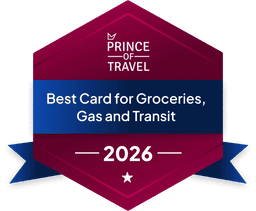
Monthly fee: $15.99
• Earn 1,250 points per month upon spending $750 per month for 12 months
Earning rates
Key perks
- Transfer to airline and hotel partners
Conclusion
Credit cards, when used responsibly, can unlock incredible value, whether that’s straightforward cash back or amazing travel opportunities through travel-focused rewards programs and airline loyalty programs.
Student credit cards (and credit cards in general) allow you to earn rewards on expenses that you’ll make regardless, like textbooks, tuition fees, groceries, and more.
These entry-level cards will also help you build up your credit history as you climb up the rungs of the credit card ladder, letting you earn even better rewards and experiences over time.
Hopefully, you found this article helpful as you set out to pick a student credit card that will best serve you in this early part of your Miles & Points journey.
First-year value
$336
Monthly fee: $15.99
• Earn 1,250 points per month upon spending $750 per month for 12 months
Earning rates
Key perks
- Transfer to airline and hotel partners

Monthly fee: $15.99
• Earn 1,250 points per month upon spending $750 per month for 12 months
Earning rates
Key perks
- Transfer to airline and hotel partners
